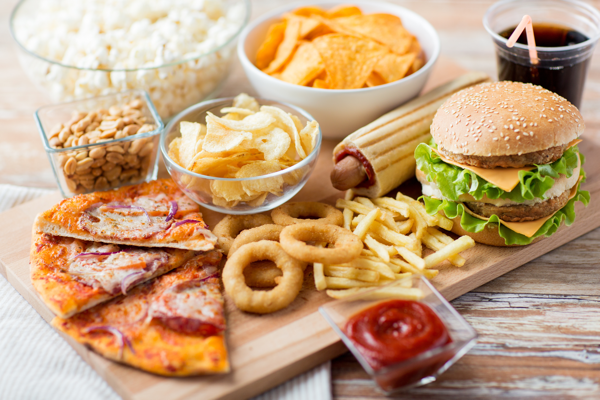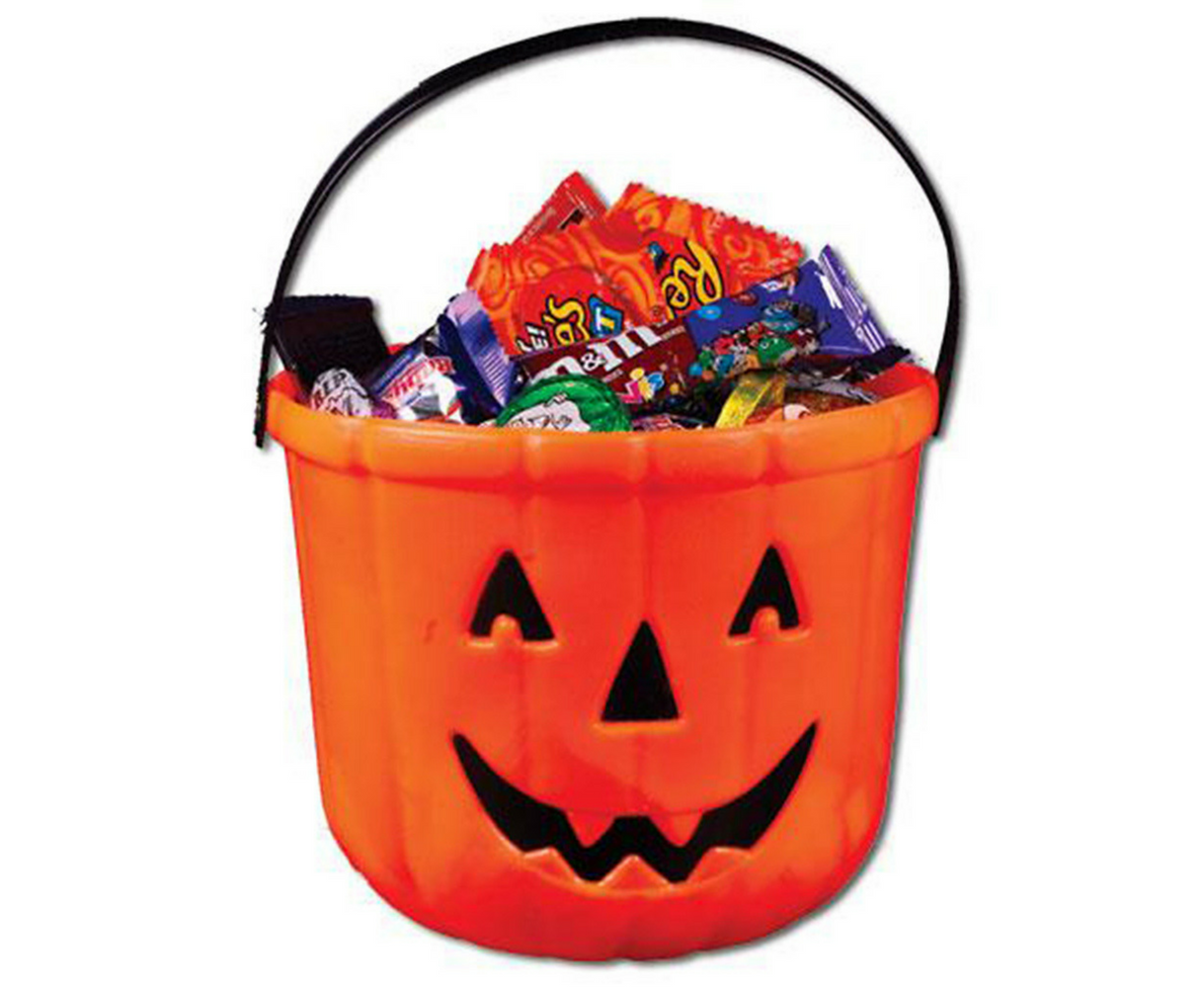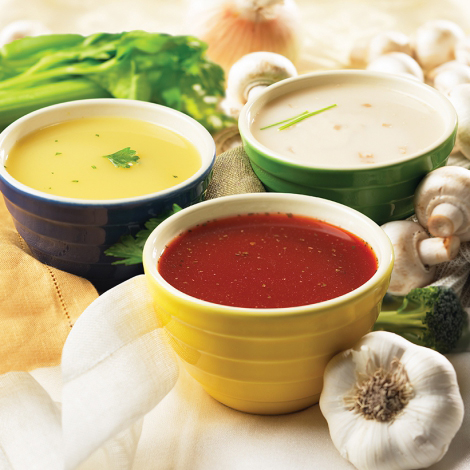After bariatric surgery, your stomach will be much smaller than it was previously. This means that you’ll be eating smaller amounts of food. In order to get enough nutrients and stay healthy, you’ll need to focus on consuming foods that are filled with vitamins, minerals, and protein. Although your doctor will probably give you a diet to follow, it’s natural to be confused about what you can and can’t eat. Here are five types of foods to avoid after bariatric surgery.

Foods to Avoid After Bariatric Surgery
1. Food With Empty Calories
Empty calories are calories you eat that provide little to no nutritional value. Now that your stomach has been reduced in size, these types of foods should be avoided. Many types of junk food, including candy, chips, pretzels, crackers, and pastries, are mostly made up of empty calories. Sugary sodas and juices also fall into this category. If you allow these foods to take up too much of your diet, you could become undernourished, so they should really be avoided altogether.
2. High-Fat Foods
If you eat high-fat foods following bariatric surgery, you may experience something called dumping syndrome. Dumping syndrome is when food from your stomach is dumped into your colon shortly after you eat. When this happens, you may become nauseous, break out in a cold sweat, and even vomit. Foods to avoid include whole milk, bacon, and sausage. Also stay away from anything that’s buttered or fried.
3. Alcohol
There are a number of reasons to stay away from alcohol following surgery. For one, most types of alcohol are high in calories but low in nutritional value. Drinking unnecessary liquids will take up room in your stomach, and you should stay focused on filling that small amount of room with foods that contain vitamins and minerals. In addition, studies have shown that people may have a lower alcohol tolerance following bariatric surgery.
4. High-Starch Carbs
Foods like bread, rice, and pasta are all high in starch and become a sticky paste when chewed. Some people have difficulty swallowing anything that’s sticky right after their surgery, especially since bariatric surgery patients are advised not to drink liquid with meals. There’s also a risk that these foods could block the opening to your stomach, causing nausea and vomiting. It’s a good idea to eat them in moderation or avoid them completely.
5. High-Fiber Veggies
Although many vegetables are high in nutrients, there are some that can cause problems right after bariatric surgery. Vegetables that are high in fiber can be hard to digest, so they should be avoided initially. Corn, broccoli, asparagus, and celery all have a large amount of fiber in them. Stick with soft, skinless vegetables, like peas or carrots, instead.


What are your tips and tricks to post-bariatric success?